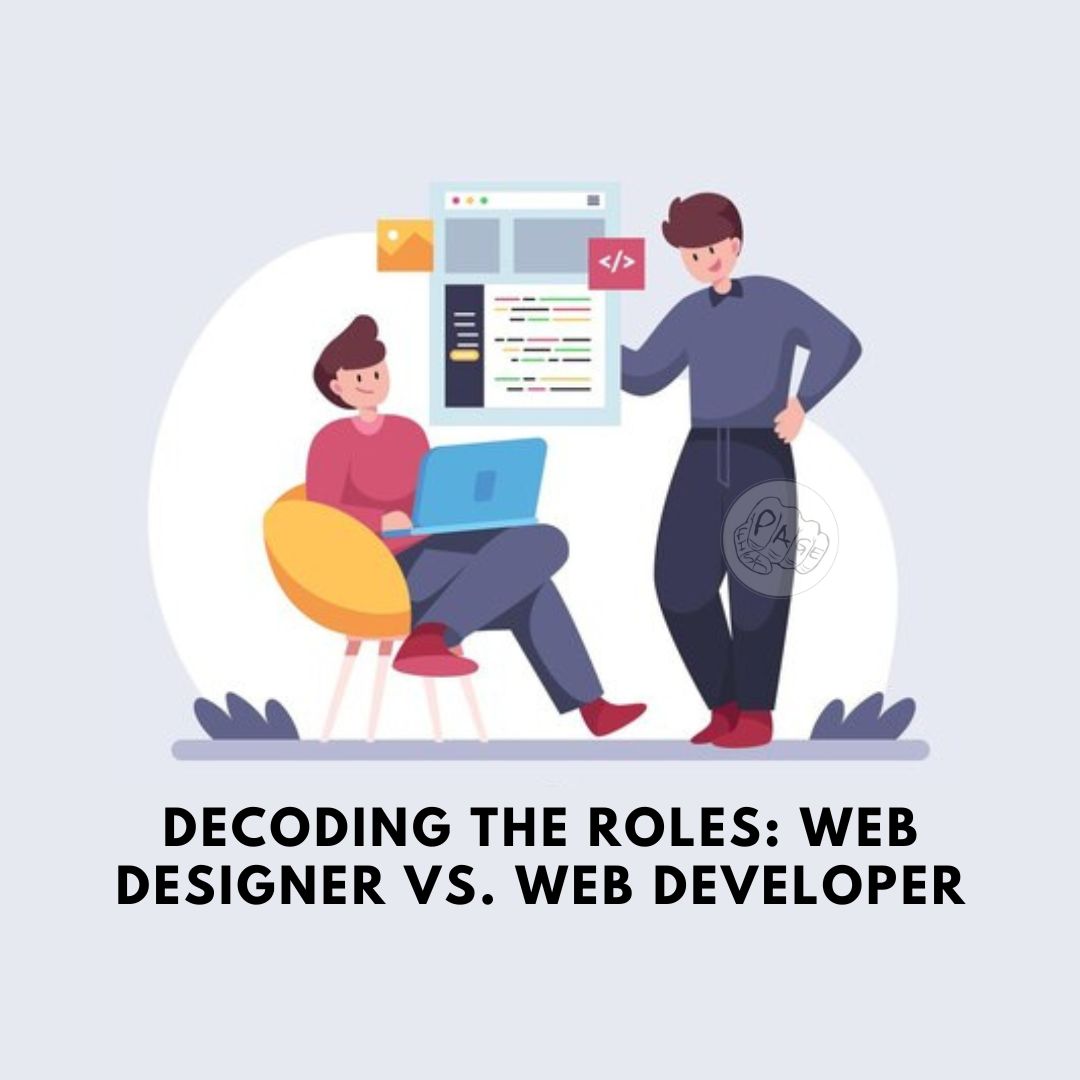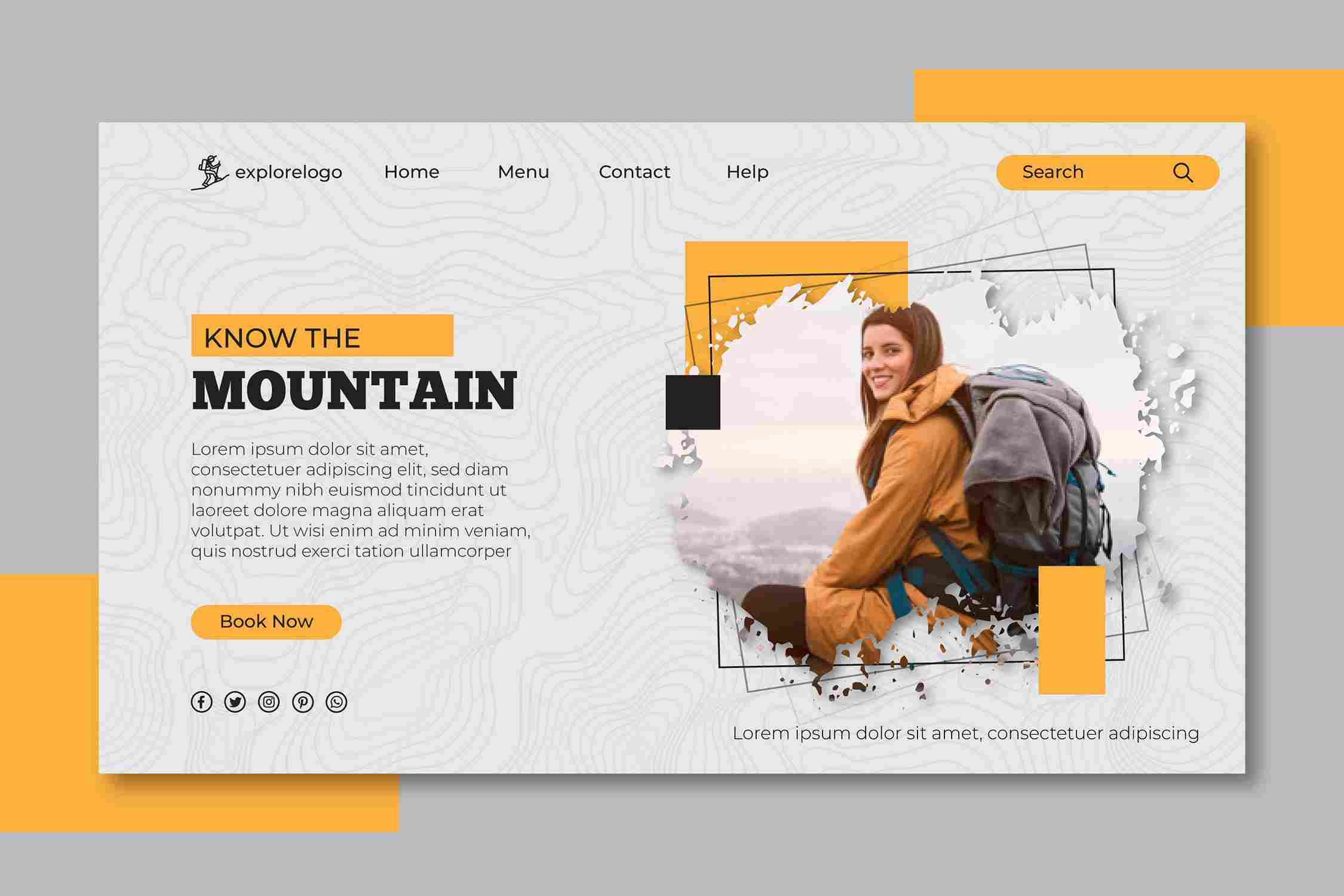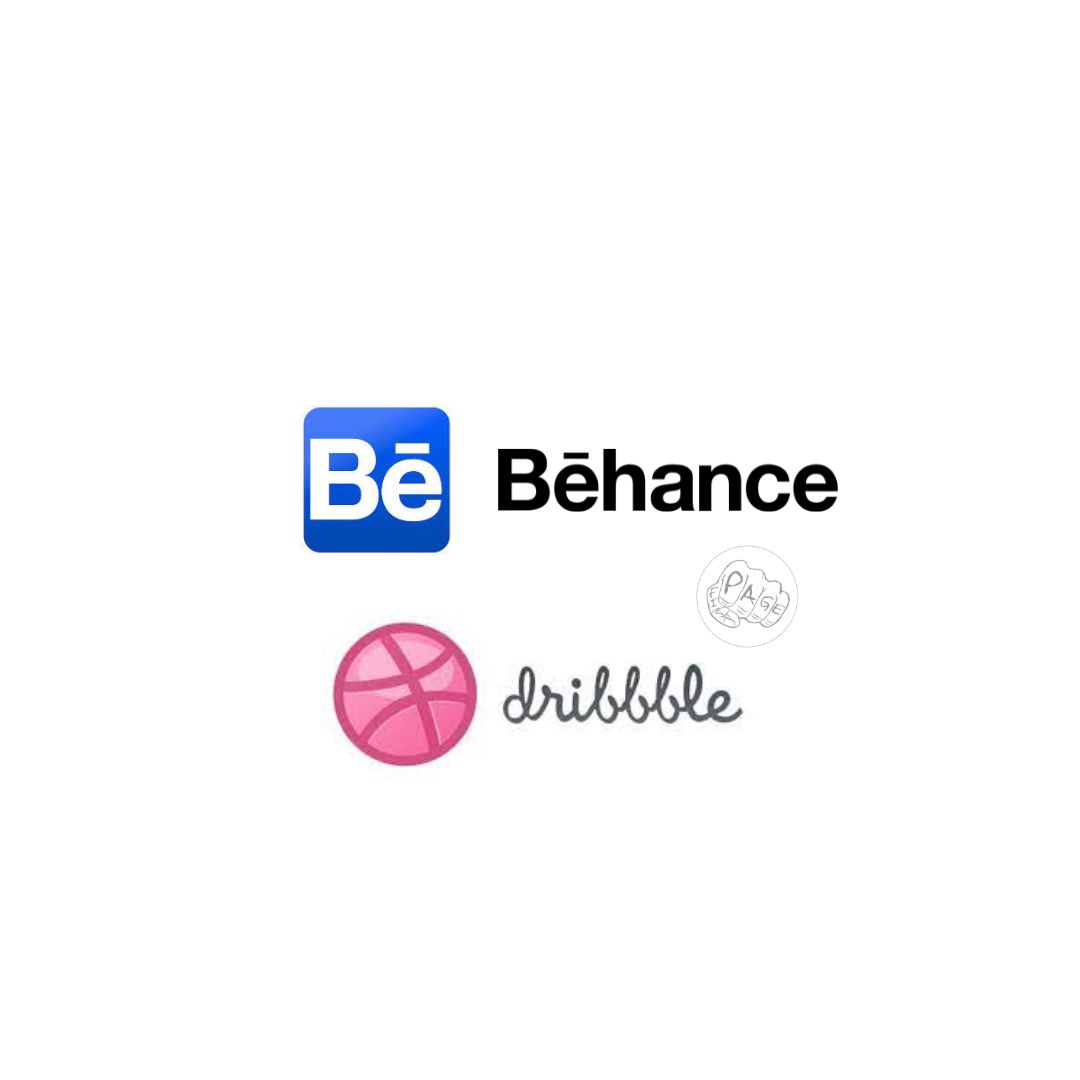Decoding the Roles: Web Designer vs. Web Developer
Unravel the mysteries of web design and web development! Explore the differences, similarities, and their vital roles in the digital world.
Introduction
Welcome to the digital age, where websites are the virtual frontiers of businesses and personal brands alike. But ever wondered about the unsung heroes behind the screen, the web designers and web developers? These professionals are the architects and builders of the digital landscape, crafting and coding websites that captivate and function seamlessly. In this exciting journey of Decoding the Roles of web Designer vs. Web Developer, we will demystify the nuances of these two roles that often seem interchangeable at first glance.
Let's embark on this journey to discover what makes web designers and web developers unique, their shared passions, and the incredible impact they have on the online world. 🚀
Web Designer: The Creative Visionary
Web designers are the creative minds behind the aesthetic appeal and user experience of a website. They are the artistic architects who envision and craft the digital masterpiece!
1. Visual Storytellers
Web designers are storytellers in their own right. They take your brand's story and create a visually compelling narrative that resonates with your audience. How do they do it?
- Graphic Elements: They curate the graphics, icons, and images that align with your brand's identity and message.
- Color Palette: Choosing the right color scheme to evoke emotions and maintain brand consistency.
- Layouts: Designing page layouts that ensure user-friendly navigation.
2. User Experience (UX) Enthusiasts
Ever visited a website that was so user-friendly you felt like it understood your thoughts? That's the magic of a web designer's work. They are the UX wizards!
- Wireframes: Creating wireframes that plan the website's structure and flow.
- Responsiveness: Ensuring your website looks fabulous on every device, from desktop to mobile.
- Usability Testing: Conducting user tests to fine-tune the design for a seamless experience.
3. Coding Lightly
While web designers are creative visionaries, they dabble in coding, too! They use HTML, CSS, and sometimes a bit of JavaScript to bring their designs to life, but their primary focus is on aesthetics and user experience.
So, the next time you're awestruck by a visually stunning website, remember that it's the brainchild of a web designer's creative brilliance!
Web Developer: The Coding Maestro
Web developers are the magicians of the digital realm, turning web designers' visions into functional reality. They are the code-wielding wizards behind the curtain!
1. Backend Sorcerers
Web developers are responsible for the behind-the-scenes magic. They make sure your website functions smoothly, handling databases, server-side scripting, and everything you don't see but need to work!
- Database Management: Storing and retrieving data effectively.
- Server Configuration: Ensuring your website runs on the right server.
- Back-End Frameworks: Building the backbone of the website using languages like PHP, Python, or Ruby.
2. Front-End Ninjas
Front-end development is all about what users see and interact with. Web developers wear this hat when they work on the user interface, bringing web designers' creations to life!
- HTML, CSS, and JavaScript: These are their primary tools for making web pages interactive and visually appealing.
- Browser Compatibility: Ensuring the website works smoothly on various web browsers.
- AJAX: Implementing asynchronous updates without reloading the whole page.
3. Problem Solvers
Web developers are the troubleshooters of the digital world. They tackle bugs, improve website performance, and make sure everything runs like a well-oiled machine!
- Debugging: Identifying and fixing issues in the website's code.
- Performance Optimization: Streamlining the website to load faster and use fewer resources.
- Security: Keeping your website safe from cyber threats.
While web developers do need to have an eye for design to some extent, their main focus is on the functionality and performance of the website.
Common Ground: Where They Meet
Web designers and web developers may seem like chalk and cheese, but they have more in common than you'd think. Their shared ground is where the magic happens!
1. Collaboration
Imagine a construction project without architects and builders working together – chaos! Similarly, web designers and developers collaborate closely to ensure the end product aligns with the initial vision.
- Communication: Regular dialogues and meetings to discuss progress and challenges.
- Feedback Loop: Designers provide feedback on how the website looks and feels during development.
- Adaptation: Willingness to adapt designs based on technical constraints.
2. Continuous Learning
The digital world evolves rapidly, with new technologies emerging almost daily. Both web designers and web developers must stay updated to remain at the top of their game.
- Online Communities: Engaging with forums, blogs, and social media groups for industry insights.
- Courses and Workshops: Attending seminars, workshops, and online courses to master new skills.
- Experimentation: Trying out new tools and techniques to push their boundaries.
3. Problem-Solving Mentality
Both roles require a knack for problem-solving. Whether it's a design challenge or a coding bug, web designers and web developers are the Sherlock Holmes of the digital world!
- Adaptability: Quickly adjusting to changes and finding innovative solutions.
- Attention to Detail: Spotting and addressing even the tiniest issues in design or code.
- Critical Thinking: Analyzing problems and devising effective solutions.
Conclusion: A Dynamic Duo
Decoding the Roles: Web Designer vs. Web Developer has revealed the distinct but complementary nature of these professions. While web designers paint the canvas of the internet with colors and narratives, web developers give life to those creations, making them functional and user-friendly.
Together, web designers and web developers are the dynamic duo of the digital world. They bridge the gap between artistry and technology, ensuring that the websites we visit are not only visually captivating but also seamlessly operational.
So, the next time you explore a stunning website or enjoy a smooth online shopping experience, remember to tip your hat to the unsung heroes – the web designers and web developers – who make the digital world an exciting and user-friendly place to be. 🌐👩💻👨💻
Share This Post
Related Articles
What is a Portfolio Website?
A portfolio website is a digital showcase of your skills, achievements, and projects. It allows you to present your work to potential clients, employers, or collaborators in a professional and engaging way. A portfolio website can help you stand out from the crowd, demonstrate your expertise, and increase your visibility online.
Payment Gateway Integration: A Comprehensive Guide
Learn how to seamlessly integrate payment gateways like PayU, Instamojo, CCAvenue, and more into your website or app. Enhance security, streamline transactions, and boost customer satisfaction with our comprehensive guide.
Website Design Near Me @ Rs. 4900 – Website Designer Companies Near Me Get Low Cost Website Design in India @ Just ₹4900 with Free Domain, Hosting, and business Email IDs from India's No 1 Website Designing Company
Looking for top-notch Website Design Near Me services at an affordable rate? Look no further. At just ₹4900, you can get a website that not only looks great but is also equipped with essential features to boost your online presence.
What Is a Content Management System (CMS)?
CMS stands for Content Management System, which is a software application that allows users to create, manage, and publish digital content on a website or a web platform. A CMS typically consists of two main components: a content management application (CMA) that enables users to edit and modify content without coding, and a content delivery application (CDA) that delivers the content to the end-users through a web server. Some examples of popular CMS platforms are WordPress, Drupal, Joomla, and Shopify.
Unveiling the Significance of Behance and Dribbble for Developers and Designers
Explore why Behance and Dribbble hold immense value as social media platforms for developers and designers. Dive into the core essence of these platforms and how they foster creativity, exposure, and community.
Related FAQ
No related FAQ.
Say Hello
To Your Dream





